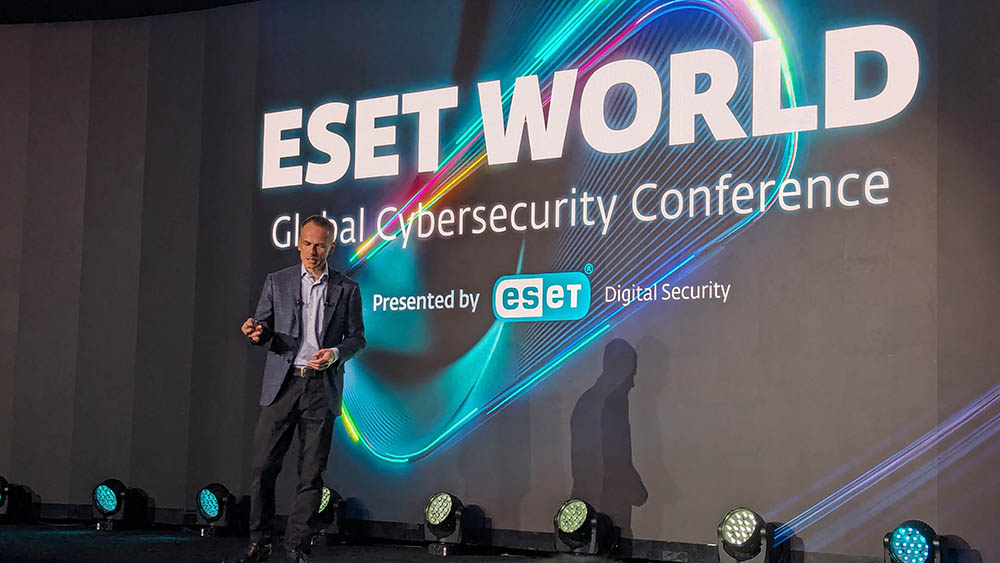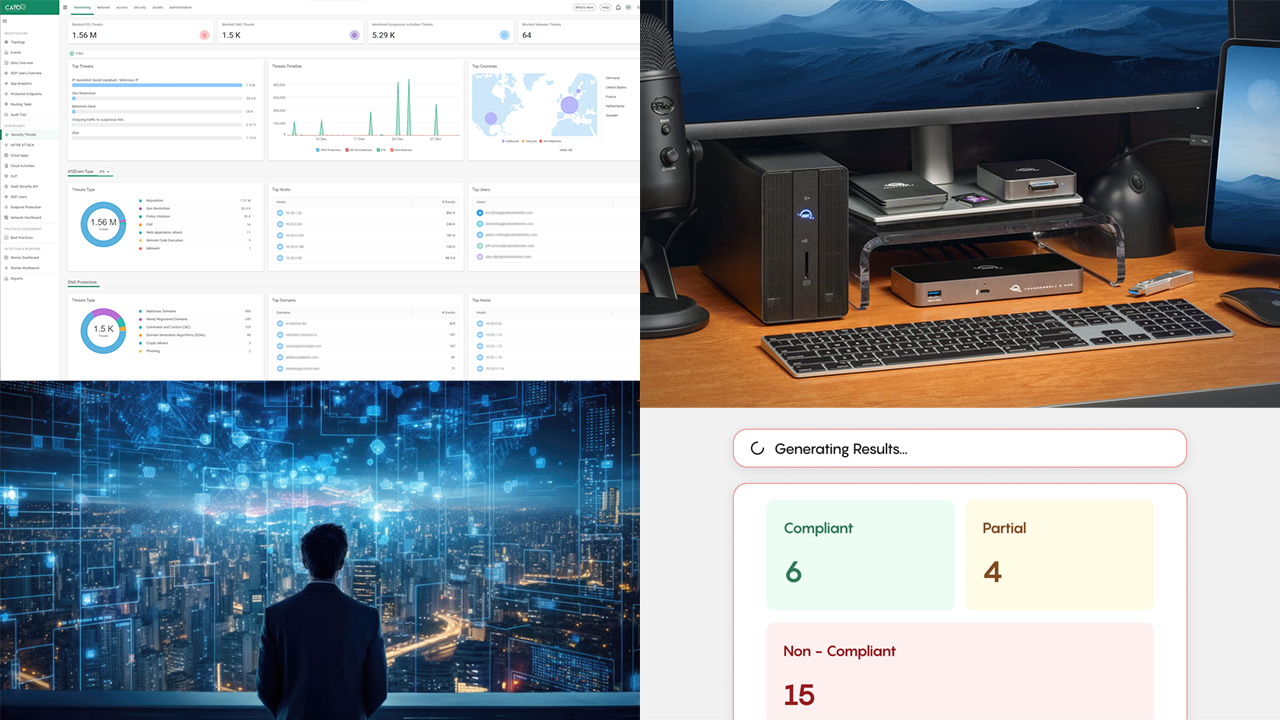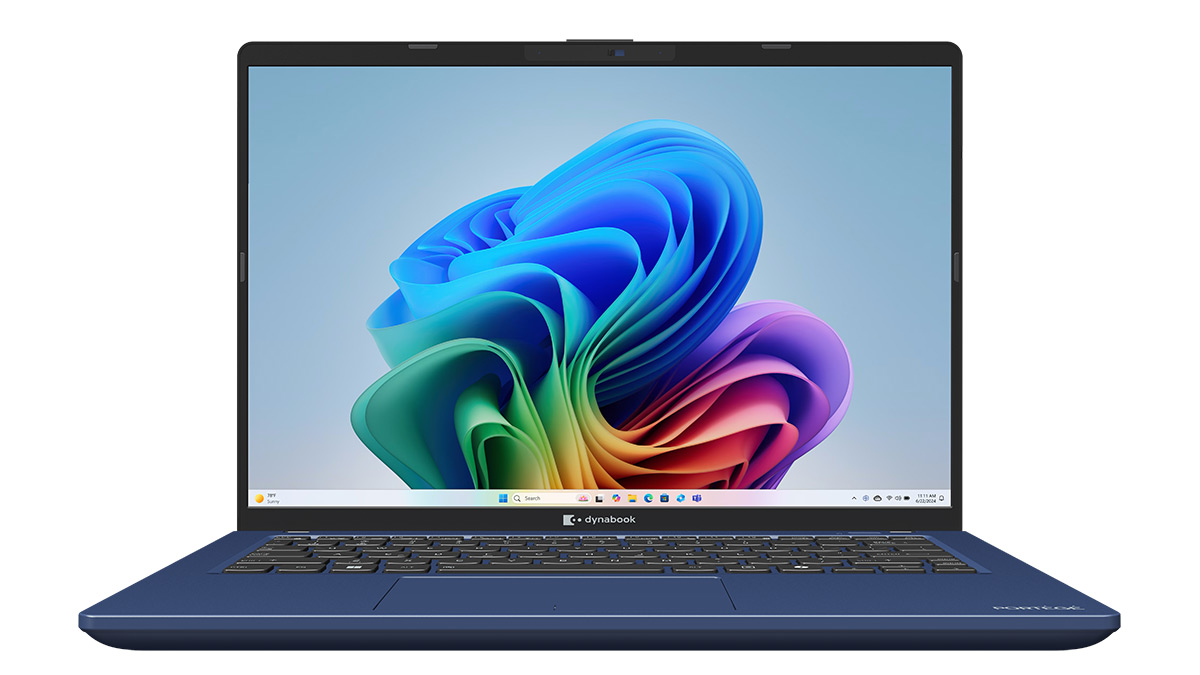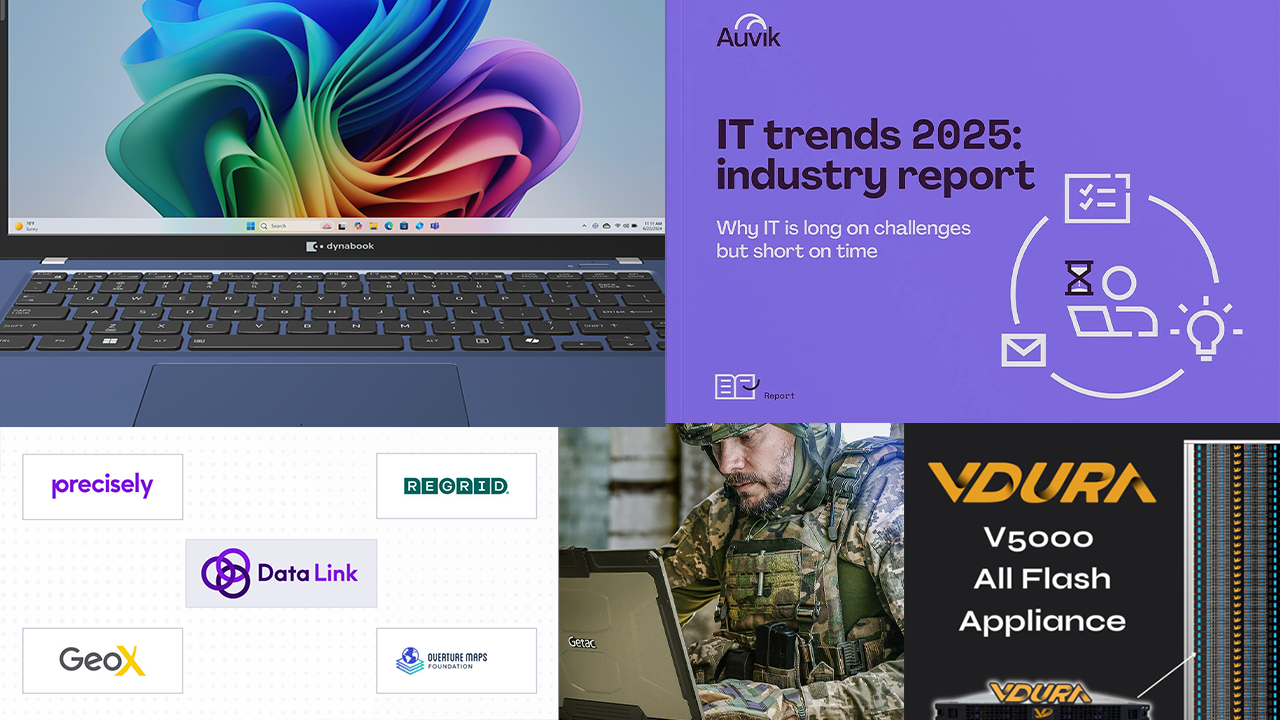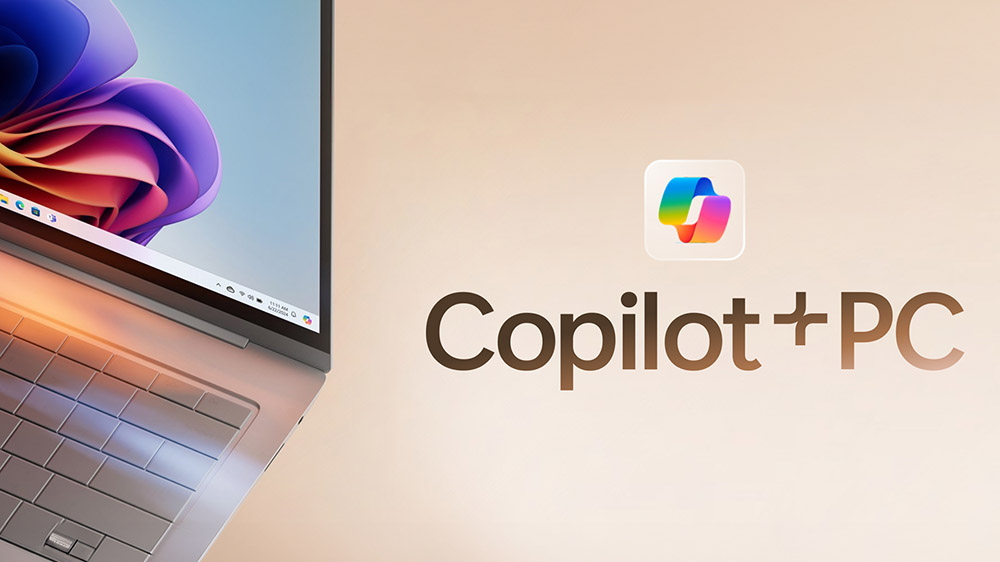Lenovo plans to shift some of the attention it’s devoted to sales of data center products in recent years back to PCs in 2017.
The change is one of several initiatives announced to Lenovo resellers during the Morrisville, N.C.-based hardware maker’s 2017 Accelerate partner conference, which is currently underway in Orlando.
“We’re cognizant and aware that for 10 quarters straight we’ve been using the muscle of the generalist overall channel to get DCG up and running,” says Sammy Kinlaw, vice president of U.S. SMB and North America commercial channel at Lenovo, referring to the company’s Data Center Group. “We’re going to be focused on PC in a bigger way.”
Lenovo formed DCG in the wake of its 2014 purchase of IBM’s x86 server business, and has invested large amounts of energy since that transaction closed merging its PC and data center businesses and more recently rolling out a new tiered data center partner program. That was all necessary work, Kinlaw says, but drew some of Lenovo’s attention away from its bread-and-butter PC computing division.
“I have to remember what keeps the lights on and floats the mother ship, which is PC,” Kinlaw says.
The time is ripe for a PC push too, according to Kinlaw’s boss, Lenovo North America president Emilio Ghilardi.
“We all know that Win 10 refresh is accelerating in the commercial space,” he says. “It’s a major opportunity.”
Lenovo sees especially strong growth potential in the workstation PC space. At present, Kinlaw says citing data from analyst firm NPD, Palo Alto, Calif.-based HP Inc. commands over 60 percent of that market, versus Lenovo’s roughly 20 percent.†Seeking to close that gap, Lenovo will now pay authorized resellers an incremental 3.5 percent on workstation sales, plus an increased spiff. Both incentives augment rather than replace the company’s existing channel commissions.
Lenovo is offering similar incentives for sales of services as well.
“Today I’m underindexed versus my competition in the channel for attach and penetration ratios,” says Kinlaw of services, adding that his organization now pays an additional 2.5 percent bonus and extra spiff on top of standard bonuses when resellers include services in hardware purchases.
Services and workstations, along with premium PCs, are examples of the “profit pools” that Ghilardi says Lenovo intends to pursue with renewed vigor.
“If we win profit pools we can continue to be aggressive in winning new customers,” he states. “That’s the only way you can actually survive in this business, where you know to win new customers most of the time you have to get in with a very aggressive bid.”
Two recent additions to Kinlaw’s leadership team offer further proof of Lenovo’s seriousness about profit pools. Stephanie Fagan, who was formerly Lenovo’s head of U.S. distribution for data center products, now heads up a newly formed group focused on channel sales of services, while Jimmy Holbert, who until recently ran mobile workstation sales at HP, now heads up a new workstation channel sales group.
In a sign that DCG remains a priority for Lenovo despite moves like those, Kinlaw has also put Stefan Bockhop, previously Lenovo’s Canadian channel chief, in charge of a new unit responsible for channel sales of data center products.
The North American data center market is worth $8 billion annually, according to Ghilardi, who adds that Lenovo pockets a small percent of that sum at present. The DCG partner program that officially opened for business with the start of Lenovo’s current fiscal year on April 1st reflects the company’s determination to raise that figure significantly in coming years, as well as a newfound conviction that selling servers and storage takes expertise that PC resellers often lack.
“When we started, we thought that we could just fold the data center on top of the PC and leverage [existing skills and relationships],” Ghilardi says. “I think we now understand that the game has to be driven by specialization.”
The new Data Center Program is designed to drive that specialization into Lenovo’s channel by rewarding partners for collecting server- and storage-related certifications.
“We’re now, particularly in the U.S., a completely specialized and dedicated organization to go after data center business, and we believe that this can really represent a major opportunity for Lenovo in terms of profitable growth,” says Ghilardi, who adds that his organization is currently developing a tiered partner program with a comparable but different reward structure for its PC business.
“We realized that it’s difficult if not impossible to add a certification tiering program for data center and then nothing for PCs,” he says. “We feel like a global, clear, and consistent program is where we need to be.”
Ghilardi also apparently feels that SMB sales belong within the same part of his organization that oversees the channel, because he recently added responsibility for Lenovo’s U.S. SMB business to Kinlaw’s previous channel chief duties.
“It’s a natural fit because channel fulfills SMB most of the time,” Kinlaw notes, adding that his channel team has been successful in the SMB sector over the last 12 months.
“My SMB business in the channel grew 47 percent year on year,” he says. “PCs are not growing, so when I’m growing 47 percent that means I’m taking share from somebody.”
Both Kinlaw and Ghilardi profess to have undiminished confidence in Lenovo’s strategy of partnering on joint offerings with leading software makers in areas like hyperconverged infrastructure, despite the recent severing of 2 such alliances when rival Hewlett Packard Enterprise, of Palo Alto, Calif., acquired first SimpliVity Corp. and then Nimble Storage.
“I don’t think that was a major issue for us,” Ghilardi says, noting that Lenovo has plenty of other go-to-market relationships with vendors such as Nutanix Inc., of San Jose, Calif., Pivot3 Inc., of Austin, Texas, and DataCore Software Corp., of Fort Lauderdale, Fla. Nor, he continues, have HPE’s recent purchases motivated Lenovo to go on a data center M&A spree of its own.
“We don’t think this is the time to go buy some of these companies,” Ghilardi says. “They have valuations which are through the roof.”
Moreover, he adds, buying data center specialists can strip them of the qualities that make them a potentially attractive buyout target in the first place.
“Acquisitions in this space are always dangerous, not necessarily for the amount of money that you spend but also because you kill the agility and the speed of execution of those companies,” Ghilardi says.
Lenovo Accelerate, which drew an estimated 1,280 attendees this year, concludes tomorrow.




